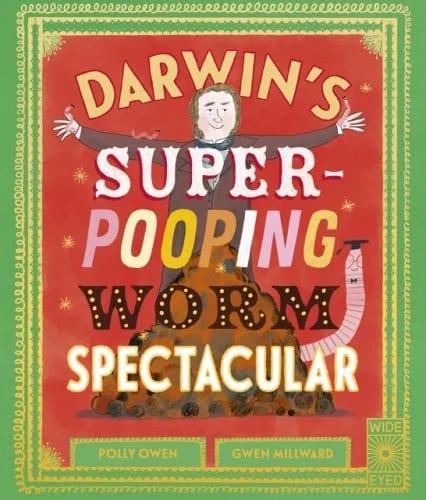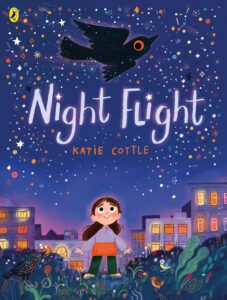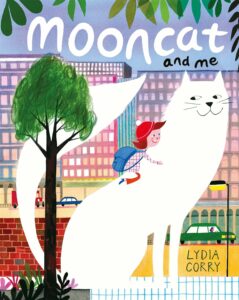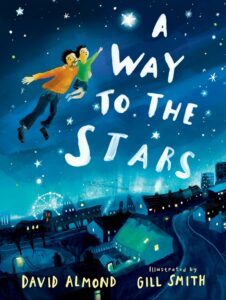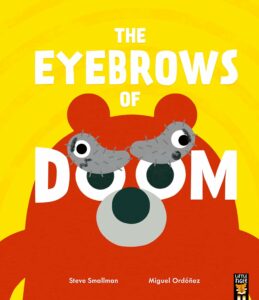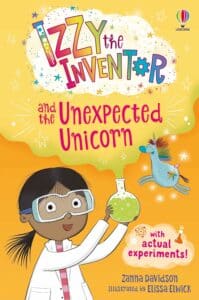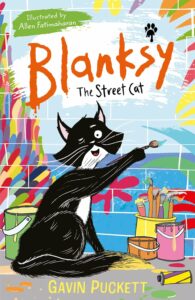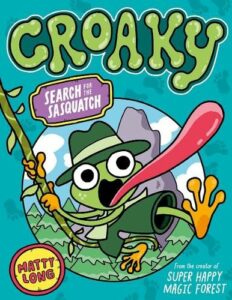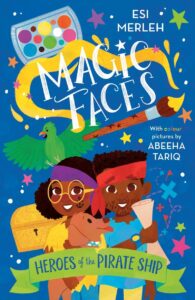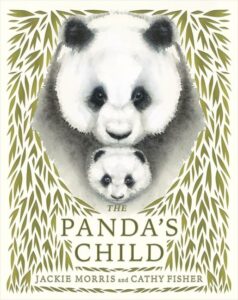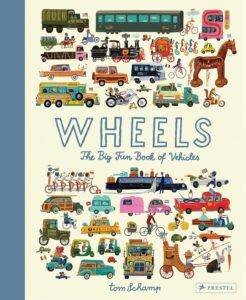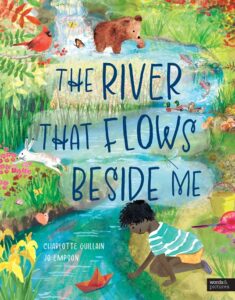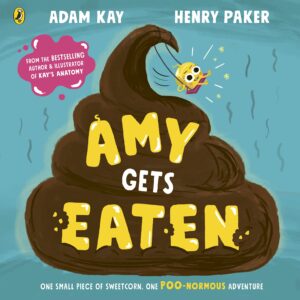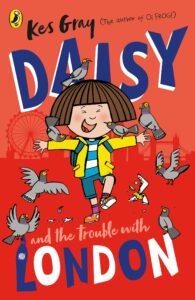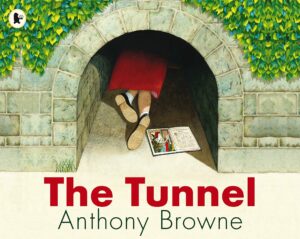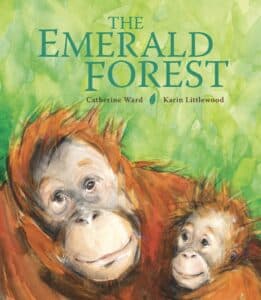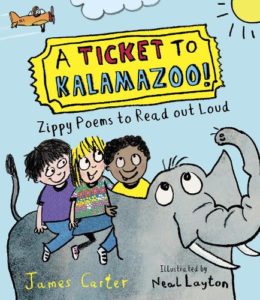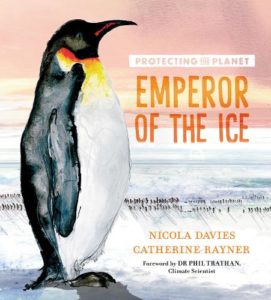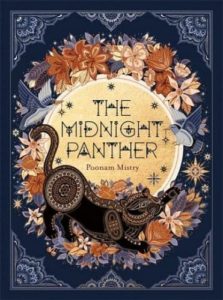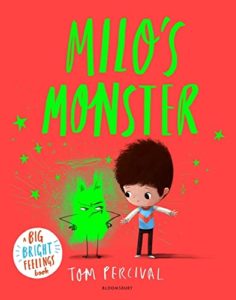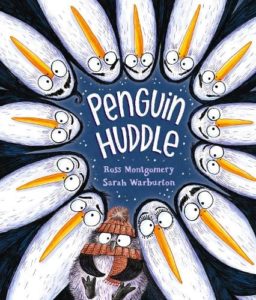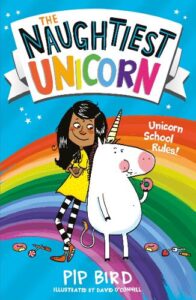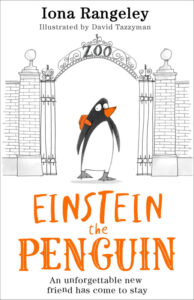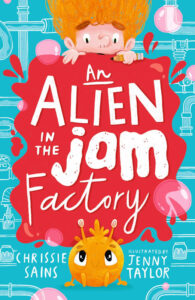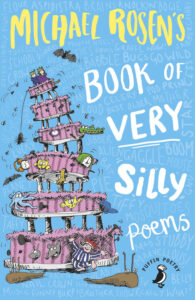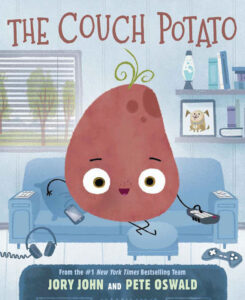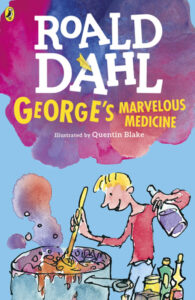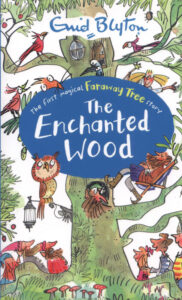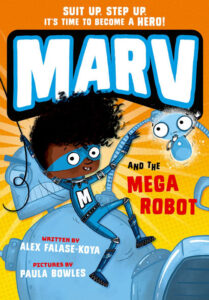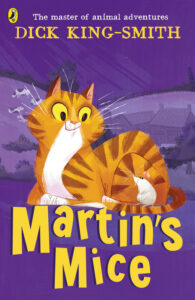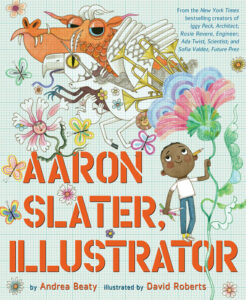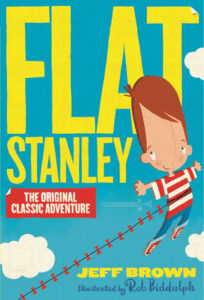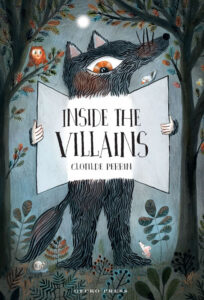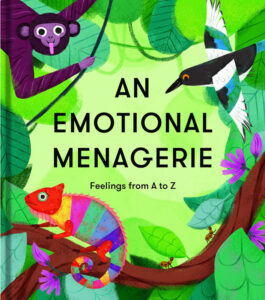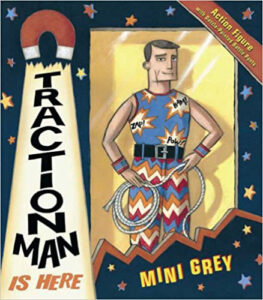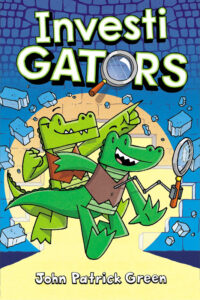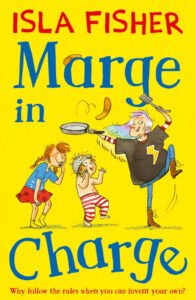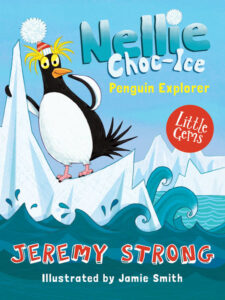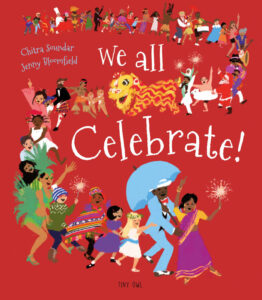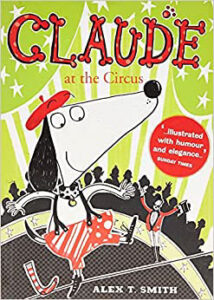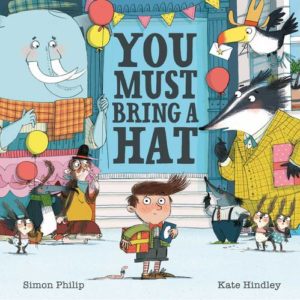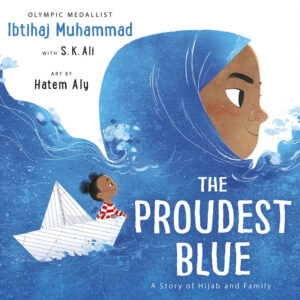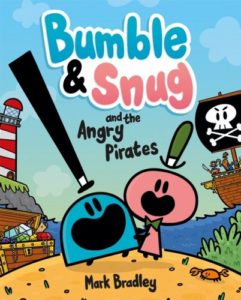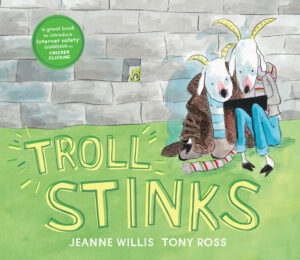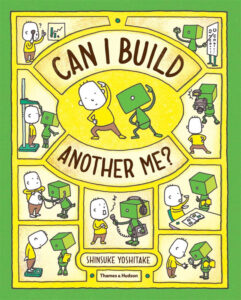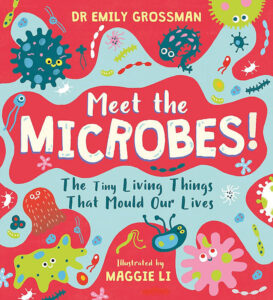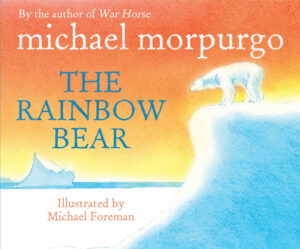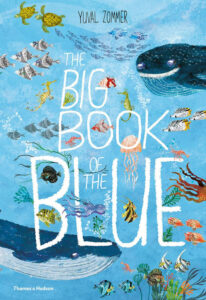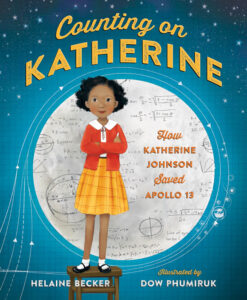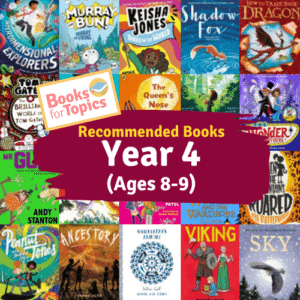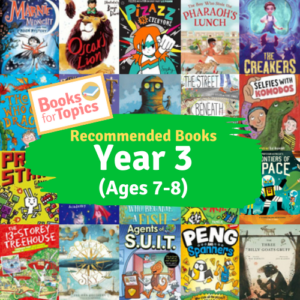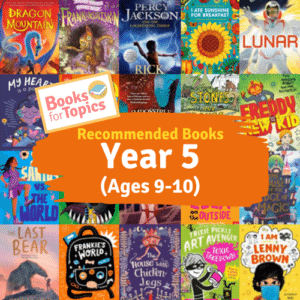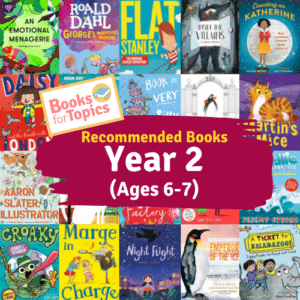Learn the funny and fascinating story of Charles Darwin and the groundbreaking discoveries his love of the humble worms led to in this hilarious illustrated book.
Charles Darwin is widely known for his “Origin of Species” book, yet Darwin had another great love, and that was for worms.
Told for the first time for children, this is the silly and fascinating true story of how Charles Darwin came to discover that the humble earthworm is the most important species on our planet .
Darwin suspected worms were special but his scientist friends laughed at him . In a quest to find out the worms’ special talent, Darwin played the bassoon to the worms to see if they could hear, laid out a picnic treasure hunt for them to see how well they could smell, among many other bizarre but entirely true experiments.
But so far Darwin didn’t find anything extra special about worms. Until, one day he realised that worms do have a superpower. They POO! Without their life sustaining, nutrient rich poo, there would be no plants and no animals on earth.
Darwin’s 40 years studying worms is still essential to our understanding of worms today, and ever since, scientists have taken him VERY seriously, and never again laughed at his love of worms.
Told in a humorous and engaging way with non-fiction information on each page to help educate alongside the story, curious minds will love this fact-filled, laugh-out-loud title.
The story of Darwin and the worms not only centres around the perennially brilliant subject of poo, it teaches children about a key historic figure, the food cycle and deductive scientific thinking. It is also a heartwarming story of the triumph of a zany underdog who won’t let bullies get in the way of his love for worms.








